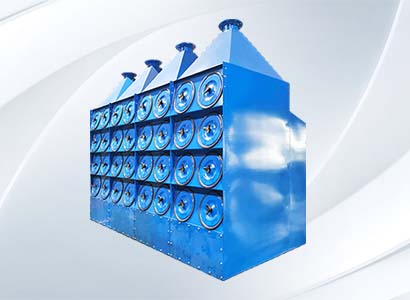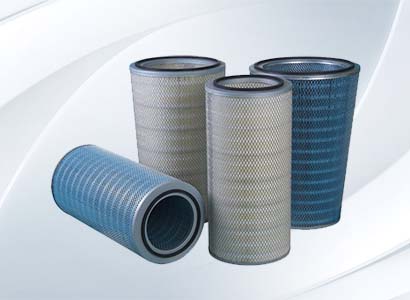High Efficiency Particulate Air (HEPA) filters are a common type of air filter widely used in environments that require high cleanliness, such as hospitals, laboratories, and the electronics and pharmaceutical industries. The primary characteristics and use-cases for HEPA filters are as follows:

Highly Efficient: A key feature of HEPA filters is their high efficiency. They are designed to filter particles from the air. According to the U.S. Federal Standard 209E (now replaced by ISO 14644-1), HEPA filters are designed to achieve 99.97% efficiency at the Most Penetrating Particle Size (MPPS). Under the EUROVENT 4/4 standard (equivalent to ISO 29463), H14 grade HEPA filters must reach a minimum efficiency of 99.995% at MPPS.
Versatile Functionality: HEPA filters can capture very small airborne particles, including viruses, bacteria, and other particulates. HEPA filters are typically composed of a dense network of glass fibers, and particles passing through the filter are stripped from the airflow due to effects such as inertial collision, interception, and diffusion, and attach to the fiber surfaces, thereby achieving air purification.
Wide Applications: Due to the above features, HEPA filters are massively used in healthcare facilities, especially in operating rooms, ICUs, maternity and neonatal wards, sterile pharmaceutical workshops, biosafety laboratories, clean rooms, and any other environments that require microbial and dust control.

It's worth noting that while HEPA filters are highly effective, they cannot filter out all harmful gases and compounds and cannot replace good indoor air quality management measures. Furthermore, they need to be regularly replaced or cleaned as per the manufacturer's instructions to maintain their efficacy.







